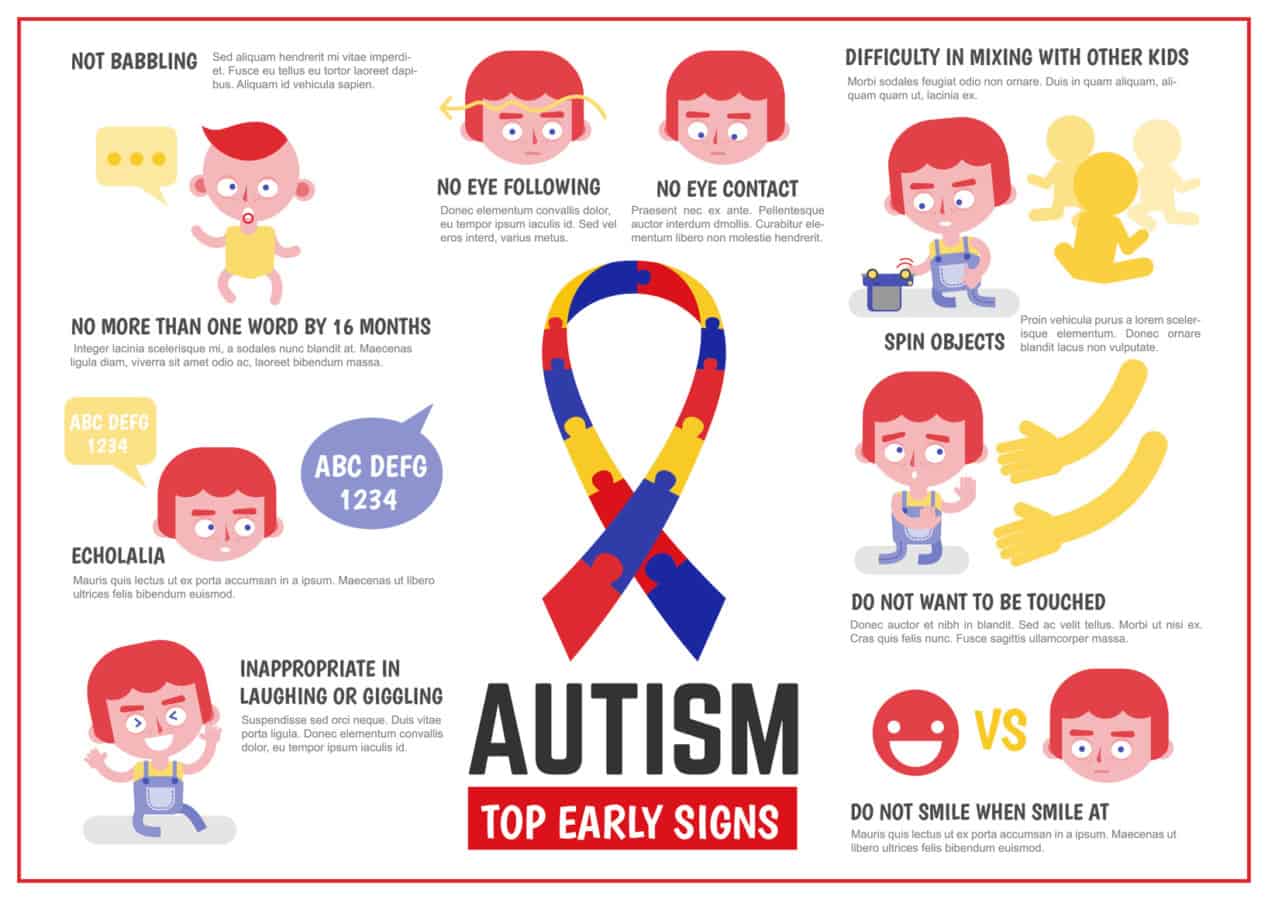Lee Hernandez, an army veteran who has served 18 years, is dying. Despite this, he only has one final wish: he wants to talk to you.
Living on hospice care in his home in New Braunfels, Texas, 47-year old Lee Hernandez has come out on the other side of three separate brain surgeries and numerous strokes. It’s taken a while, but Lee’s wife, Ernestine Hernandez, has finally found a way to make her husband’s passing days a little bit happier.
Phone calls and text messages brightened Lee Hernandez’ day, something that Ernestine discovered after her husband became depressed one day when he asked her to hold his phone, just in case someone were to call. Lee Hernandez lamented, “I guess no one wants to talk to me.”
Because of his brain surgeries and strokes, Lee now has a difficult time speaking. People often have a hard time understanding what he’s saying, and Ernestine believes that many people don’t want to speak with him because of that.
Dying Army Veteran Has One Final Wish – He Wants to Hear From You
Determined to find someone who would put aside Lee’s speech problems and contact him to make his dying days better, Ernestine contacted Caregivers of Wounded Warriors, and made a plea out into the world for someone to contact her husband and keep him in high spirits and in good company. She was determined to find someone out there who would take the time out of their day to contact her husband, and make him see that there were still plenty of people who were interested in what he had to say, even if sometimes he had a hard time saying it.
The Arizona Veterans Forum advertised his wishes on Facebook, which immediately resulting in an outpouring of support towards the Hernandez family. Ever since then, Lee has been in no shortage of calls and text messages. Many of the people who call are doing so to pray for him, though others are just reaching out for a conversation to brighten his day. People are reaching out to let Lee know he isn’t alone, and that his service as a Veteran is appreciated. Ernestine reads him the text messages, while Lee takes the calls.
Lee Hernandez had served 18 ½ years as a soldier in the Army, which included a tour in Iraq. He had lived through those eighteen years, and is now battling a terminal illness. He has been struggling with his health for the last five years, something Ernestine has been by his side through the entire time.
Unfortunately, in the past year, Lee’s health has begun to plummet, and despite the many odds that he’s already beaten, he’s no longer winning the battle. In hospice care, Lee Hernandez knows he’s dying, and wants to simply live out the rest of his days in contact with the world outside his home. Reaching out to people, knowing he’s not alone, has been a tremendous help to him, and has kept Lee Hernandez in good spirits.
Ernestine is incredibly grateful for the show of support from everyone. She’s doing her best to give her husband the best care – both physically and emotionally – that she can while they both travel the end of this hard journey together.
LET’S HELP FULFILL THIS BRAVE VETERAN’S WISH
To contact Lee Hernandez and be a part of making this veteran’s final wish come to fruition, simply call or text: 210-632-6778.
Ernestine Hernandez has commented that those who wish to contact Lee can do so during the late afternoon or early evening, Central Daylight Time, between 2:00 pm and 6:00pm. This is when Lee is alert and awake.
For anyone who would like to send a postcard to Lee Hernandez please send to: PO BOX 10066, Glendale AZ 85308 C/O Salute Media
Ernestine Hernandez has warned that they may not pick up the phone every time, but that it’s not because they don’t want to hear from you. However, some days, Lee is in a lot of pain, which makes talking much harder and the medication he takes to manage the pain can make him less alert.
If you want to make sure your message reaches him, send a text. Any amount of support is welcomed by the Hernandez family.
All it takes is a simple text or a five minute to call to reach out and make someone feel a little less alone, and a little more connected to the world.













